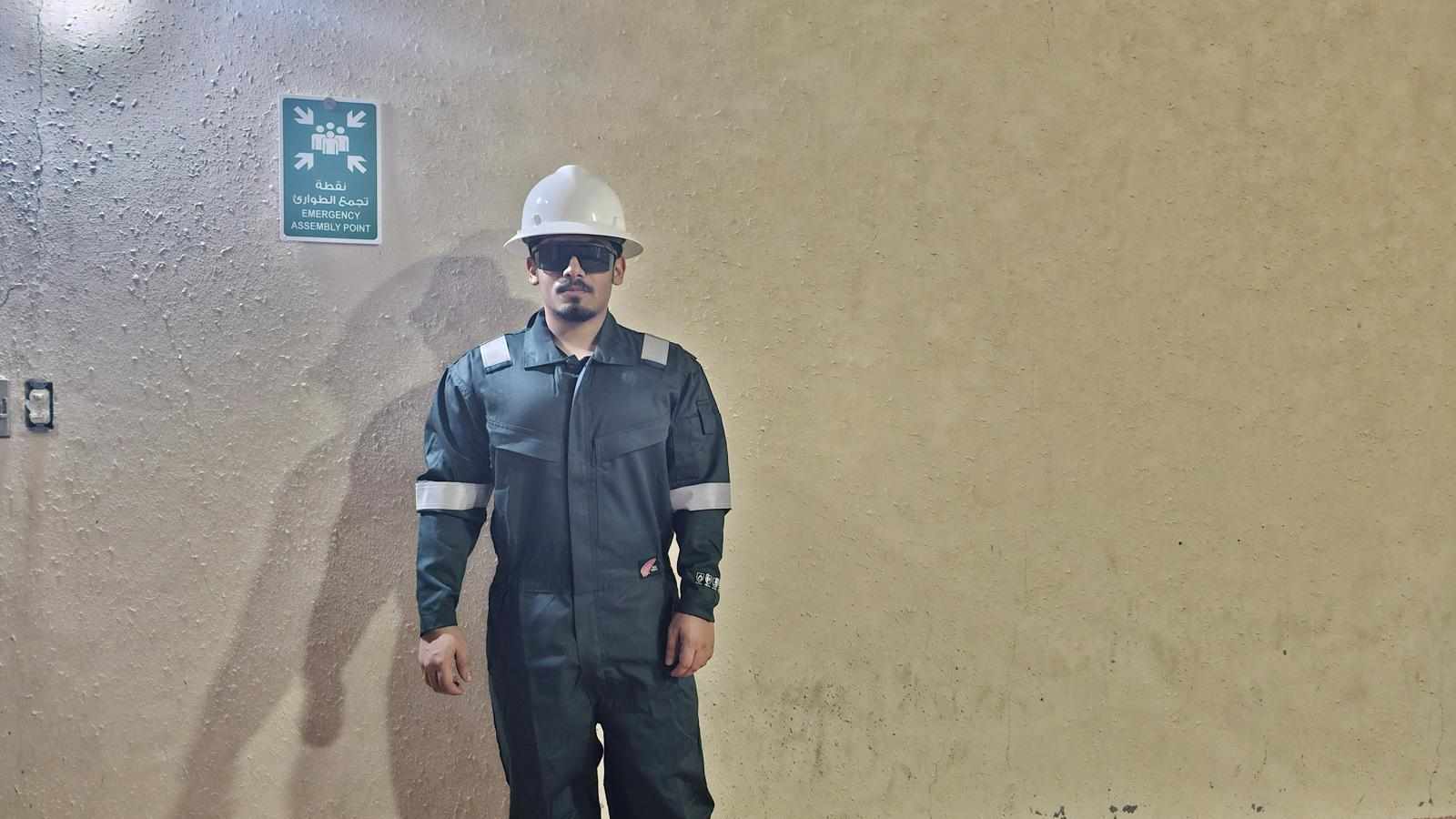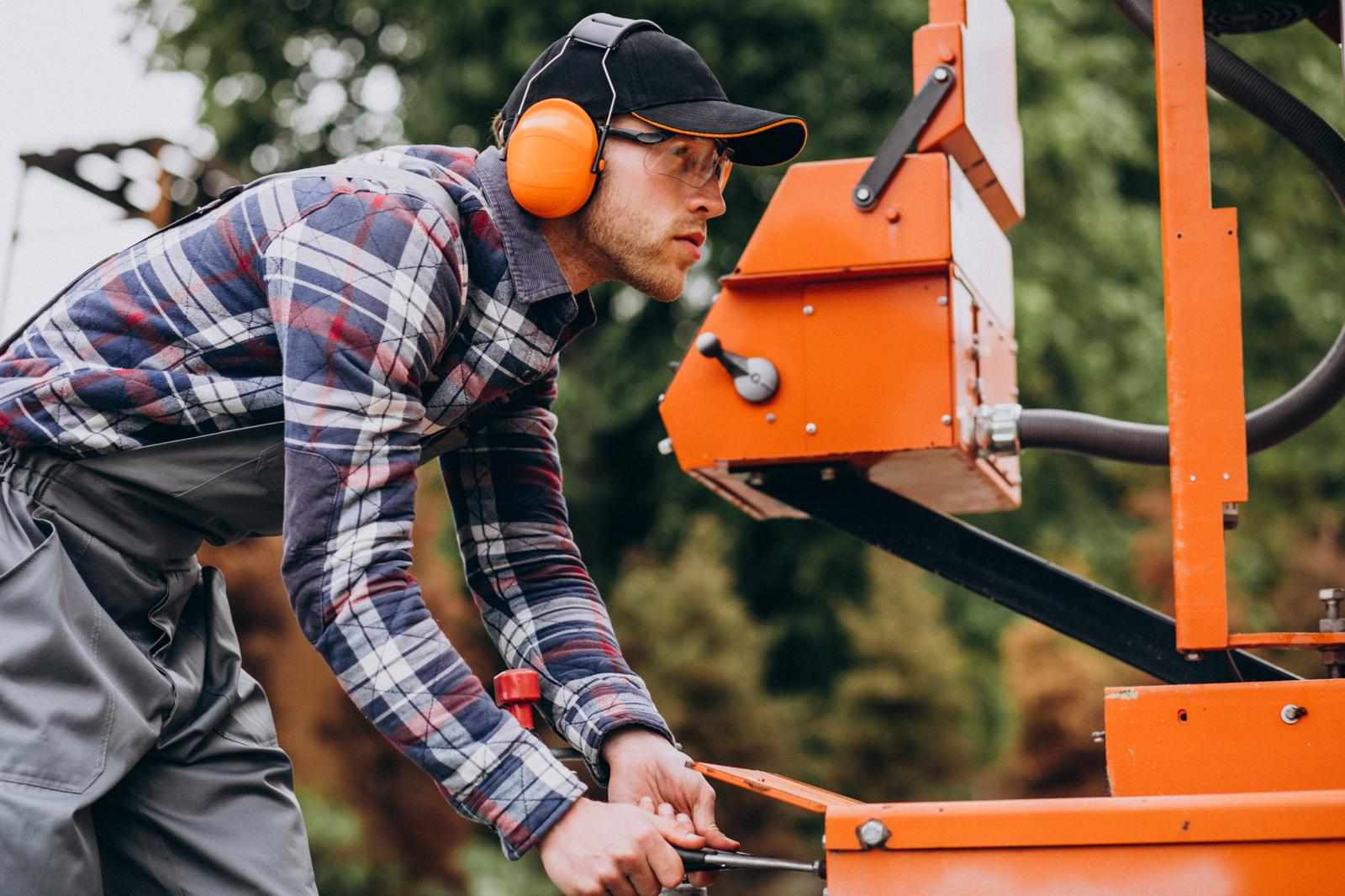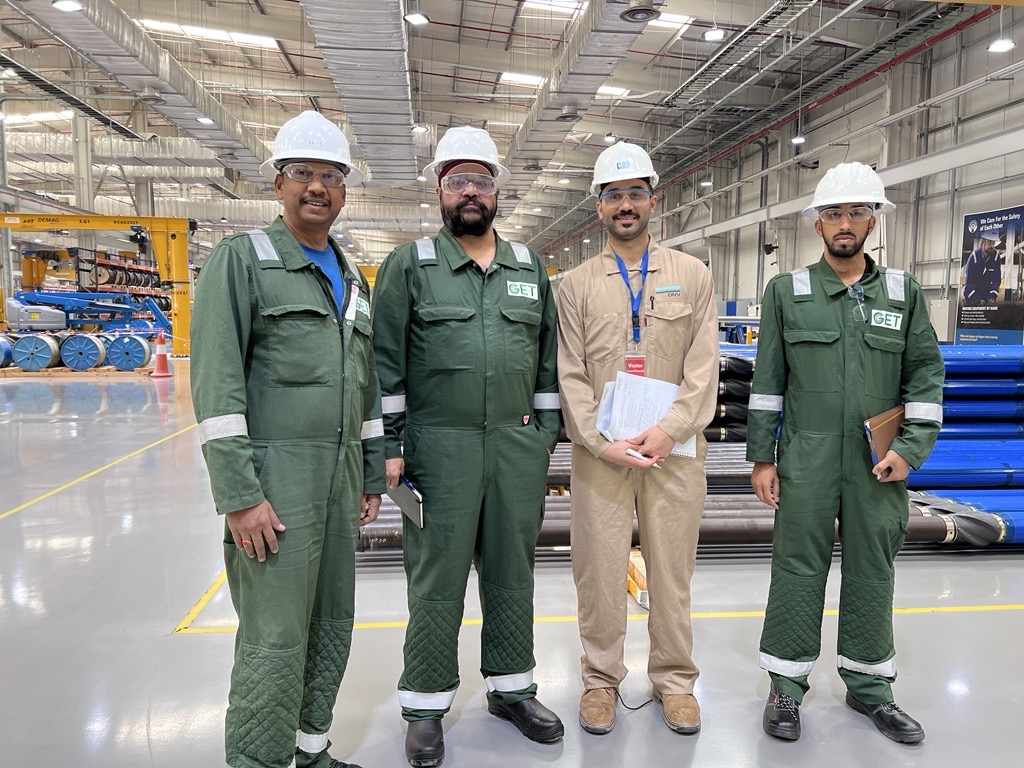
Why Technical Training Matters in Oil and Gas?
The oil and gas industry is huge. Complicated. Always changing. Every day new tools, new methods, new rules come in. That means workers can’t just depend on old skills. They need new ones.
In upstream oil and gas, the work is tough. Drilling, exploration, heavy machines. Without proper training, mistakes happen. And in this industry, mistakes are not small. They can cost money, delay projects, or even put lives at risk. That’s why technical training is not optional anymore. It’s necessary.
How Training Really Helps Workers?
Training is not about sitting in a classroom for hours. It’s about practice. Real drills. Real machines. Real safety checks.
For example, imagine someone new who just got their first oil and gas job. Without training, they might feel lost on a rig. But after proper training, they know how to handle equipment, follow steps, and stay safe. They gain confidence. And when workers are confident, productivity goes up.
What’s the Role of Training in Upstream Oil and Gas Industry?
The upstream oil and gas industry is the first stage – finding and producing crude oil. It’s the heart of operations. And it’s also the riskiest.
That’s why engineers, operators, and technicians all need continuous training. They must stay updated with the latest methods. One wrong move in drilling can cost millions. But training reduces such risks. It helps workers make better decisions under pressure.
In simple words – training makes tough jobs a little easier, and a lot safer.
Why Safety Training is a Must?
Oil and gas work is risky. Fires, spills, breakdowns – these are not rare. They’re real problems.
That’s why safety is always part of technical training. Workers learn how to react in emergencies, how to use safety gear, and how to follow protocols. Skills and safety go hand in hand. Without safety training, even the best technical skills are incomplete.
Does Training Help in Getting Oil and Gas Jobs?
Yes, absolutely. Training is like a ticket to better opportunities. Companies want people who are ready, not just on paper but in real work.
For more info visit here- https://getglobalgroup.com/service/training-services/
So, if you are looking for an oil and gas job, technical training can give you an edge. It shows you’re serious. It shows you can handle responsibilities. For freshers, it’s a big confidence booster. For experienced workers, it’s a way to stay relevant.
Is Training Only for Freshers?
Not at all. Even people with 10 or 15 years of experience keep going through training. Why? Because technology in the oil and gas industry doesn’t stop evolving.
New machines replace old ones. Digital tools come in. Workers need to learn them. So, continuous learning is the only way to stay in the game.
What’s Next for Oil and Gas Training?
The future looks exciting. Training is no longer only classroom or field. Now we see simulators, VR, AI-driven training tools. Imagine wearing a VR headset and practicing how to control a drilling emergency without any real danger.
These new methods make learning faster, cheaper, and safer. And the upstream oil and gas industry will see the most impact since exploration and drilling carry the highest risks.
Conclusion
The oil and gas industry can’t move without skilled people. Technical training builds skills, improves safety, and boosts confidence. It makes a stronger workforce. For anyone aiming to grow in an oil and gas job, training is the first and most important step.
At the end, it’s simple – training is not just about teaching. It’s about preparing people to face real challenges in the field. And that’s what makes the workforce stronger, smarter, and ready for tomorrow.
Read Also- Algeria’s Gas Ambitions: Meeting Europe’s Energy Demands








Write a comment ...